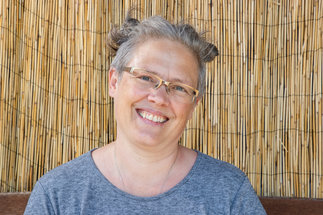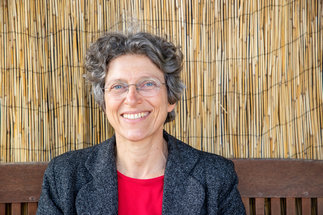Research at the Max Planck Institute of Animal Behavior
For animals, life means making decisions. When does a blackbird depart on its dangerous annual migration? On which tree does a Kinkajou search for food? How does a fish in a school of hundreds decide what to do? Decisions like these determine an individual’s survival and their probability of reproducing. Often these decisions are made in a group. At the Max Planck Institute of Animal Behavior, we aim to achieve a quantitative and predictive understanding of animal decision-making and movement in the natural world. Pursuing an integrative approach, we combine physiological, neural, ecological and evolutionary perspectives, questions and methods.
The Max Planck Institute of Animal Behavior is home to three Departments, three Max Planck Research Groups, eight Research Groups, and many professional staff. We are housed in three locations in the greater Konstanz area: Radolfzell, the University of Konstanz, and Bücklestraße in Konstanz. These locations include state-of-the-art facilities for field and laboratory research in animal behavior. A number of external partners and affiliates are associated with the MPI-AB.



















